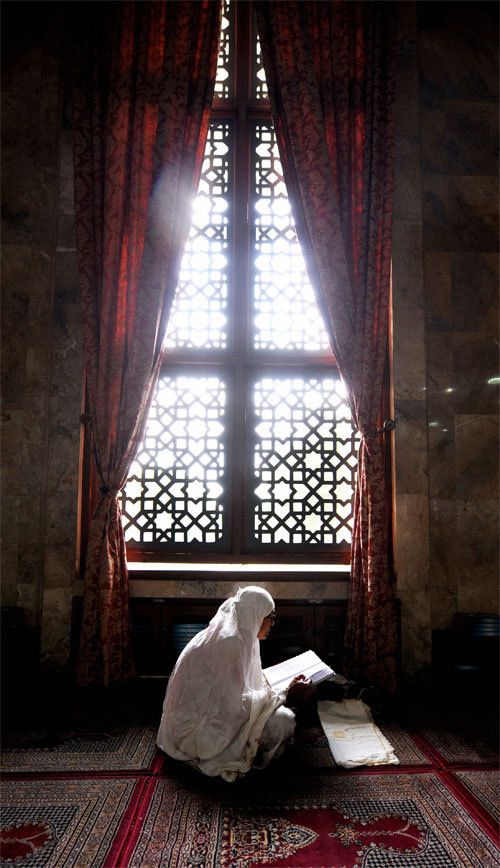The names in this story have been changed to protect the identity of those mentioned here:
This is the story of a young couple. Like too many others, it ends in tragedy. Like too many others, it involves a woman regarded as a second class citizen. Her life is meaningless to those around her. But if they had valued her, for all she was worth, she may have been saved.
Sardar married Shahla when he was 16 years old. The two were matched beyond their will; she was only 13. They had two daughters and a son. Sardar, Shahla and their children lived with Sardar’s mother and his brother’s family. At the time this story took place, Sardar and Shahla had been married for 6 years. She was 19 years old…
Sardar was a farmer, but like many others he struggled with the burden of extreme poverty. Ultimately he was unable to support his family, so he traveled to another province to look for a job. It was difficult for him to find a job, as he was illiterate with no skills or education. Though he looked for many months.
After one particularly exhausting and long day, Sadar came home disappointed. The only thing on his mind was how he was to take care of his large family. The moment he returned home, he asked his mother about his wife. She did not realize the extent of her son’s exhaustion and unhappiness, nor did she realize the affect her words would have.
His mother ranted, “Your wife has been gone; shopping with your sister- in- law.” She complained despite the fact that it was the first time Shahla had gone shopping. The way his mother bitterly said this made it seem as though his wife had gone shopping everyday, neglecting her duties as a wife, while he was out looking for a job. In any household, this might seem like an insignificant bustle between husband and wife. In Sadar’s household, this one confrontation would have dire consequences.
Now infuriated, Sadar reacted by screaming at Shahla when she was back from shopping with her sister. He scorned her, telling her that as a housewife it is her responsibility to look after his family and his mother. This verbal reproach led to physical beating. As Sardar continued beating his wife, neither her sister nor his mother tried to stop him. By the time he was finished with her, she had so many broken bones and ghastly wounds that Shahla was rendered completely helpless. While she endured misery and abuse, no one was there to save her.
Shahla became ill for several days; she was left completely immobile from her husband’s beating. Her husband and in-laws refused to look after her or take her to the hospital. As a result of her injuries and neglect, she passed from this world and left behind two daughters ages four and two, and a five-month-old son.
This tragedy, though heartbreaking, is not uncommon. More women and girls have been killed in the last fifty years as a result of gendercide, than have been killed in all the battles of the twentieth century combined. In the far eastern countries like China and India, the practice of sex- selective abortion has been banned as a result of the gross disregard for the importance of female life.

Consider this story posted in Le Monde on March 28 about women in Afghanistan being imprisoned for ‘moral crimes’ such as running away from home and adultery. According to the Afghan government, this is a simple enforcement of Sharia law. However, Afghanistan is the only country in the world that interprets Sharia law this way. This gross misinterpretation has women being imprisoned because they lack rights as human beings.
There is a distinct connection of income, education, and the perpetuation of this old world treatment of women. In countries like Afghanistan, and Pakistan women are treated as possessions, and there is a well accepted belief that they are not worth the investment of an education. Instead, it is believed that their worth is at home and providing labor for menial work. Ironically, countries that invest in education for women are much better off. And that is the investment that Barakat is making to develop these countries to their full potential.
Thus, at Barakat we believe education is a human right.
“Investment in girls’ education may well be the highest-return investment available in the developing world. The question is not whether countries can afford this investment, but whether countries can afford not to educate more girls.” –Lawrence Summers, former chief economist of the World Bank.

